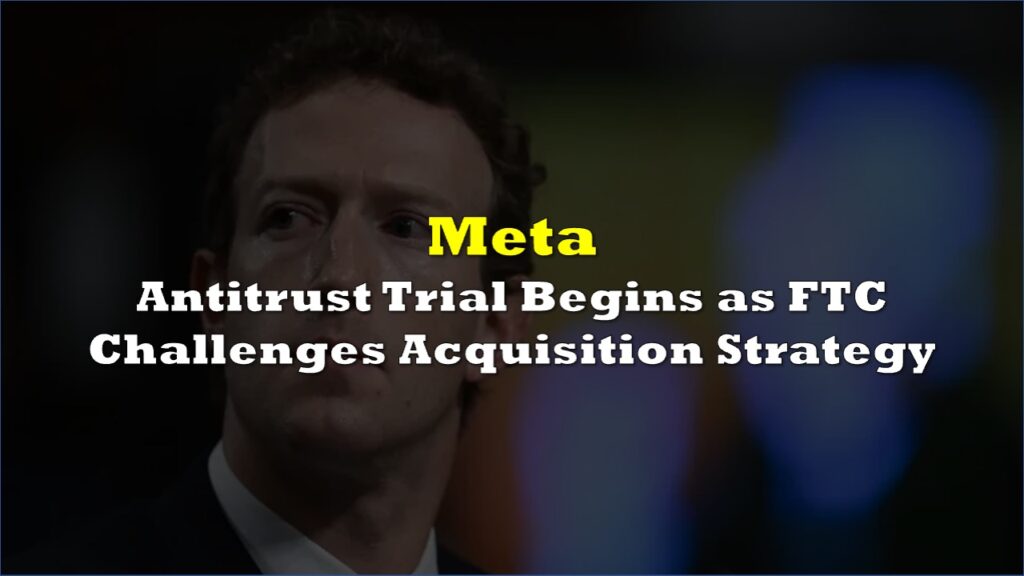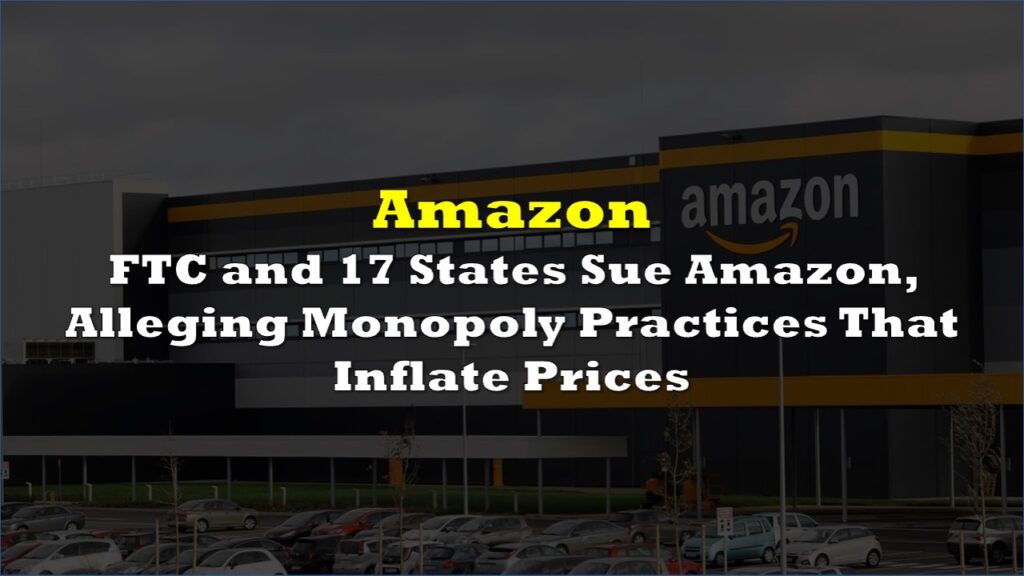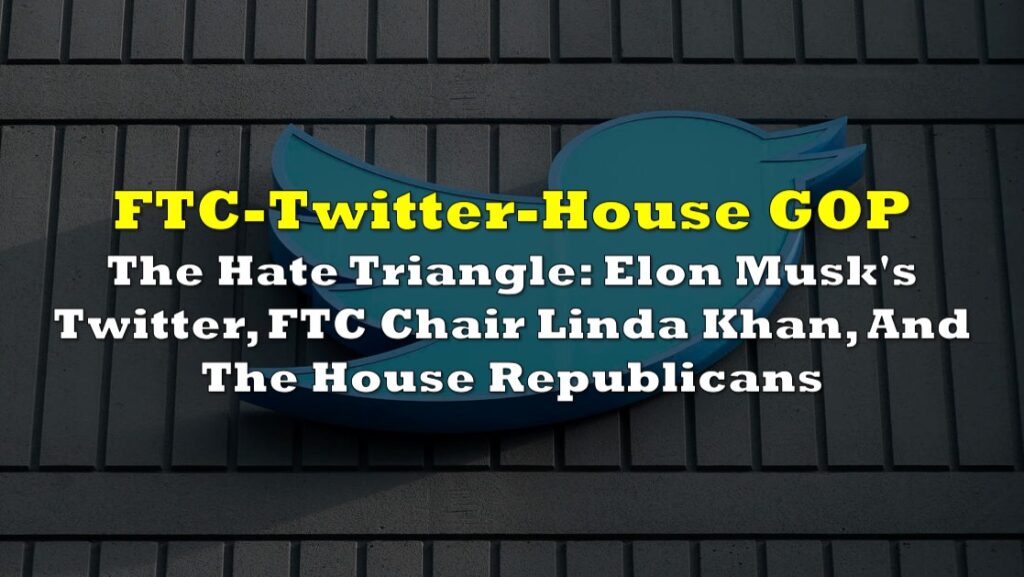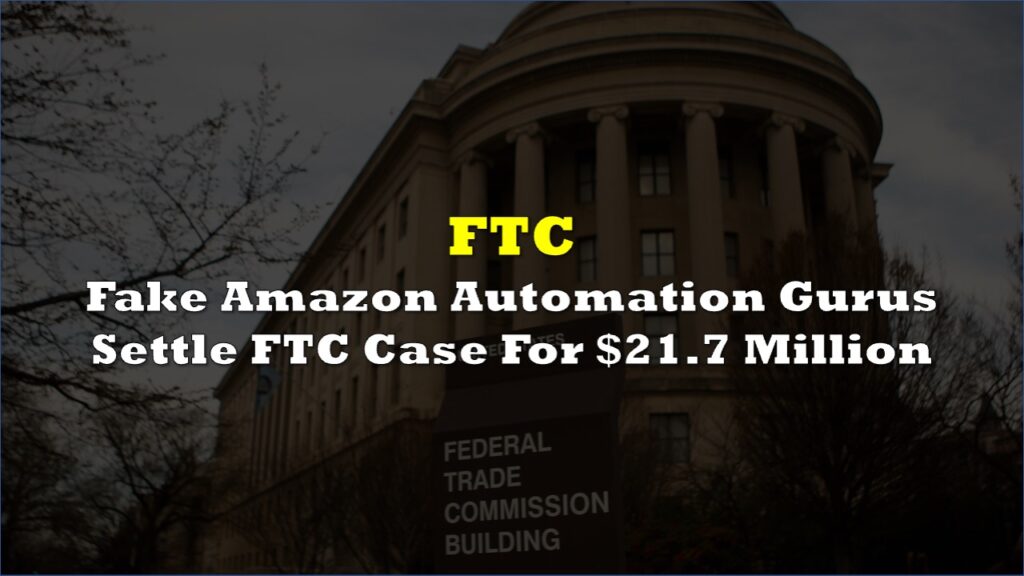The proposed $24.6 billion merger between grocery giants Kroger Co. (NYSE: KR) and Albertsons (NYSE: ACI) has become the center of a heated legal and ethical battle, marked by serious allegations of misconduct. With the trial looming, the latest developments paint a troubling picture of corporate practices that could have far-reaching implications for the retail industry and consumer welfare.
Albertsons CEO Vivek Sankaran is under scrutiny for allegedly deleting text messages on the eve of the merger trial that were crucial to the ongoing investigation by the Federal Trade Commission (FTC). These messages were reportedly related to discussions about potential price increases post-merger, a key concern for regulators and consumer advocates alike.
This is bonkers. On the eve of the Kroger-Albertsons merger trial, Albertsons's CEO Vivek Sankaran has been deleting text messages that the government has demanded be preserved as part of the investigation.
— Matt Stoller (@matthewstoller) August 20, 2024
That's SHREDDING documents. https://t.co/cUtcQNZd4y pic.twitter.com/XS2fy0w0aE
The allegations came to light after a series of legal maneuvers by Kroger and Albertsons, including a lawsuit filed by Kroger against the FTC. The lawsuit accuses the FTC of an unconstitutional overreach in its efforts to block the merger, highlighting the tense relationship between the federal agency and the merging corporations.
The Kroger-Albertsons merger was first announced in October 2022, with Kroger positioning the acquisition as a strategic move to compete against retail behemoths like Walmart and Amazon. Kroger argued that the merger would enhance competition, lower prices for consumers, and improve overall service quality.
To address antitrust concerns, Kroger committed to divesting hundreds of grocery stores to C&S Wholesale Grocers and invested billions in lowering prices and upgrading stores.
Despite these concessions, the FTC, along with several states, remains concerned that the merger could significantly reduce competition, leading to higher prices and fewer choices for consumers. The FTC’s February 2024 administrative proceeding against the merger cited potential violations of the Clayton Act, which prohibits mergers that may substantially lessen competition or tend to create a monopoly.
As part of its investigation, the FTC requested that Albertsons preserve all relevant documents, including text messages, to ensure a thorough examination of the merger’s implications. However, it was revealed that four key Albertsons executives, including Sankaran, failed to comply with these preservation orders.
The FTC’s motion, filed in the United States District Court for the District of Oregon, argues that the destruction of these messages, which were likely relevant to the litigation, warrants an adverse inference— a legal assumption that the destroyed evidence would have been unfavorable to Albertsons.
The FTC’s filing details how Sankaran and other executives either manually deleted messages or relied on phone settings that automatically deleted communications after a certain period. These actions, the FTC argues, obscure the true impact of the merger on consumer prices and competition, depriving the court and the public of critical insights into the company’s internal assessments of the merger’s effects.
The motion also notes that despite repeated inquiries, Albertsons only disclosed the extent of the document destruction after months of delay, further complicating the investigation.
“The deletion of text messages occurred well after the FTC’s investigation began and, in some cases, after this Complaint was filed,” the motion states.
This lawsuit emerges amidst growing tensions between regulatory agencies and the judiciary over the reach of executive authority. Kroger’s legal challenge mirrors concerns highlighted in the Supreme Court’s 2023 decision in Axon Enterprise, Inc. v. FTC, which questioned the framework and authority of federal agencies. In that ruling, the Court allowed constitutional challenges to the FTC’s structure to be brought directly to federal court, bypassing the administrative process—a precedent that could potentially impact the outcome of Kroger’s case.
Information for this briefing was found via the sources mentioned. The author has no securities or affiliations related to this organization. Not a recommendation to buy or sell. Always do additional research and consult a professional before purchasing a security. The author holds no licenses.









